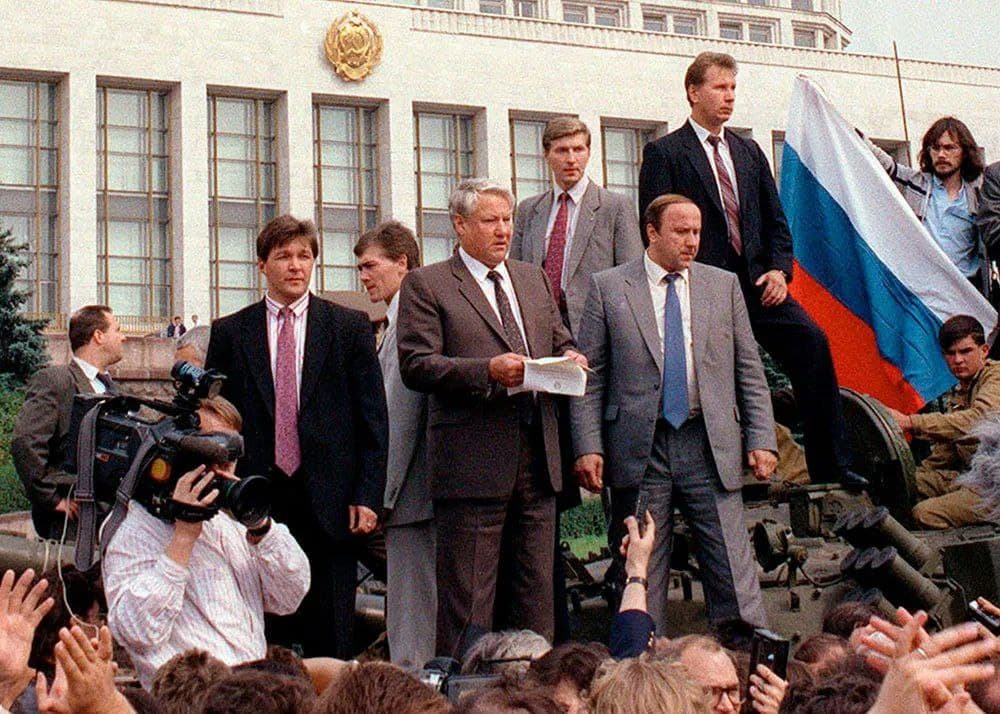Breaking: August Coup 34 Years Ago Shook Moscow, Ended Soviet Power
On this day, 34 years ago, Soviet hardliners made a desperate attempt to seize power in what is now known as the August Coup. Declaring a state of emergency, they mobilized tanks into Moscow, aiming to reverse the political reforms initiated by Mikhail Gorbachev. This pivotal moment not only marked a significant challenge to Gorbachev"s leadership but also hastened the eventual dissolution of the Soviet Union.
Key Facts About the August Coup
The August Coup began on August 19, 1991, when a group of conservative members of the Communist Party, alarmed by Gorbachev"s reforms, sought to restore the old order. The coup leaders, including the Vice President, Prime Minister, and KGB chief, declared the state of emergency, claiming Gorbachev was unable to govern. They attempted to seize control of key locations in Moscow, including the White House, the seat of the Russian parliament.
Over the course of three tense days, thousands of citizens took to the streets in defense of democracy, rallying around Boris Yeltsin, who famously stood on a tank to call for resistance against the coup leaders. Ultimately, the coup failed, leading to the arrest of its key figures and solidifying Yeltsin"s position as a prominent leader. The event is widely regarded as a turning point that accelerated the collapse of the Soviet Union, which officially dissolved in December 1991.
Impact and Analysis: Why the August Coup Matters Today
The August Coup is a critical moment in history that reshaped the geopolitical landscape of the late 20th century. It demonstrated the fragility of authoritarian regimes in the face of popular dissent. The failed coup weakened central authority in the Soviet Union and emboldened independence movements in various republics, paving the way for the emergence of new nations.
Moreover, the events of August 1991 highlight the importance of civil society and public mobilization in defending democratic values. As previously reported, similar situations have unfolded in other parts of the world, where citizens have rallied against oppressive governments. The lessons learned from the August Coup resonate in contemporary political discourse, reminding us of the ongoing struggle for democracy and freedom.
Next Steps: Understanding the Legacy of the August Coup
As we reflect on the August Coup, it is essential to understand its lasting legacy. The power vacuum left by the failed coup contributed to the rise of oligarchs and the eventual consolidation of power under Vladimir Putin in the early 2000s. This historical context is crucial for analyzing current political dynamics in Russia and its relationships with former Soviet states.
In light of recent developments in global politics, including the ongoing tensions in Eastern Europe, examining the August Coup provides valuable insights into the challenges faced by nations striving for sovereignty and democratic governance. For more on how these issues intersect with contemporary politics, refer to our related coverage on regional power dynamics.







![[Video] Gunfire between Iraqi security forces and Sadr militias in Baghdad](/_next/image?url=%2Fapi%2Fimage%2Fthumbnails%2Fthumbnail-1768343508874-4redb-thumbnail.jpg&w=3840&q=75)
